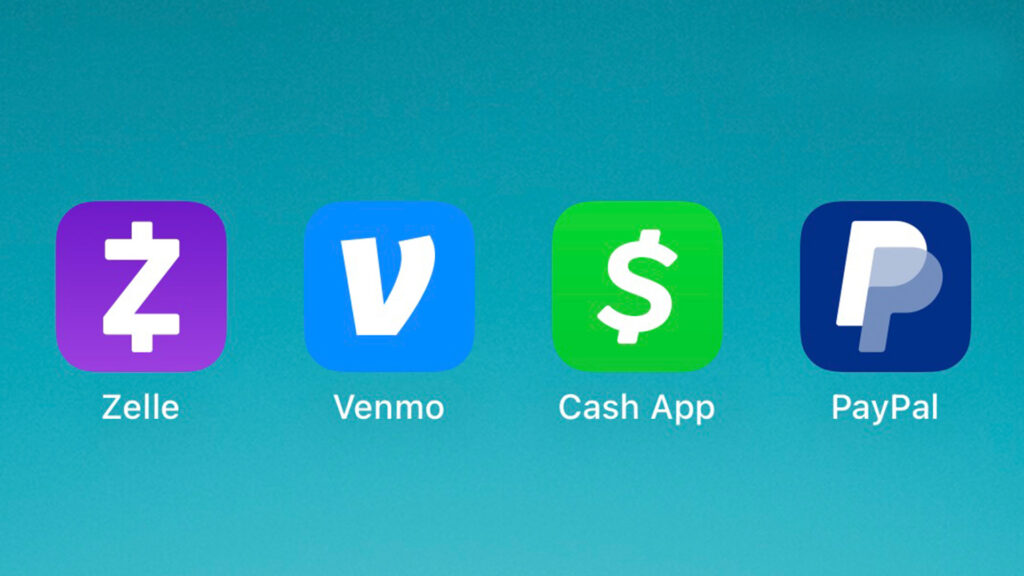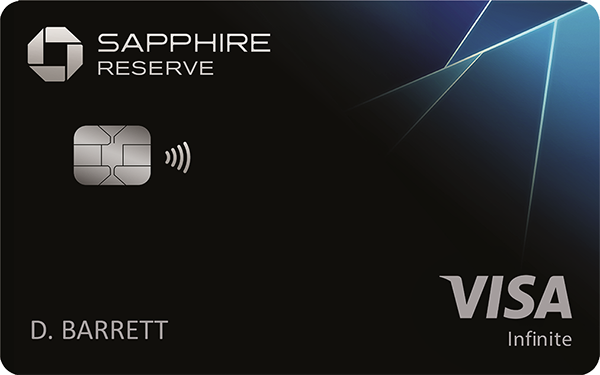Most products on this page are from partners who may compensate us. This may influence which products we write about and where and how they appear on the page. However, opinions expressed here are the author's alone, not those of any bank, credit card issuer, airline or hotel chain.
Eric Rosenberg saved thousands of dollars on a trip to London, Paris and Amsterdam thanks to a credit card with a $95 annual fee. Annual fees can make sense if you get enough value from the card.
I’ll never forget the first time I signed up for a credit card with an annual fee. For years, I figured I shouldn’t have to pay money to a bank or credit card company for the ability to spend money. But after reading about the great miles I could earn, I signed up for the British Airways Visa Signature® card on the hunt for a 100,000-mile bonus, along with other benefits of the card.
And it turns out that the $95 annual fee was a pittance compared to the savings. I used just half of the bonus for a trip to London, Paris and Amsterdam. These days, the highest annual fee I pay is $550 per year, and I have no plans to cancel the card anytime soon.
If you've been on the fence about making the leap to a credit card with an annual fee, I've got some tips to help you decide which cards are actually worth the cost.

Here are the Best Credit Card Bonuses in April
Always Keep Cards With No Annual Fee
If you have a growing stack of rewards credit cards, you probably have good credit. While it may seem counterintuitive, the best way to keep up a strong credit score is to have a lot of credit that is perfectly managed. Never make a late payment and always pay off your balances in full each month to keep costs low.
Quick Tip
It’s often smart to hold on to no-annual-fee credit cards. They won’t cost you anything and they help build your credit score as long as you’re paying the bill every month.
If you can manage multiple cards, keep the ones with no annual fee forever. They won't cost you anything and they help build your credit score. Just try to use less active cards at least every few months for a small purchase. This keeps the account active in the eyes of the credit card company.
Our guide to the best no-annual-fee credit cards can help you compare cards from multiple issuers and even score a sign-up bonus.
Calculate the Value of Miles, Points and Cash Back
As I've learned from experience, annual fees can pay off big time. If a $95 annual fee leads to $1,000 in free flights, that fee is worthwhile. In fact, for $1,000 in free flights, you can easily justify an even bigger annual fee. The key here is to look beyond the big sign-up bonuses. Also consider the recurring rewards you get in the form of miles, points or cash back for your daily purchases.
Most cards offer a flat reward rate on select purchases, with the possibility of bonuses in specific categories. Cash-back rewards are typically easy enough to calculate, but for miles and points, look at the average redemption value per point, which is usually around one to two cents each.
From there, look at your budget or typical monthly spending to get an estimate of how much you'd expect to get back from the card each month. Multiply by 12 months and you have your average annual rewards from the card.
 Related Article
Related Article
What Are Points and Miles Worth?
Add Up the Value of Your Credit Card Benefits
Don’t put your calculator away just yet. With high-end luxury cards, like the Chase Sapphire Reserve®, credit card benefits are often worth as much or more than the rewards. For example, both of these cards charge annual fees worth several hundred dollars but both also include luxury airport lounge access, travel and purchase benefits, and other perks that can be worth hundreds or thousands of dollars per year.
Chase Sapphire Reserve®
- Our Rating 4.5/5 How our ratings work Read the review
- APR22.49% - 29.49% (Variable)
- Annual Fee$550
-
Sign-Up Bonus
60,000Chase Ultimate Rewards Points
Earn 60,000 bonus points after using your card to spend $4,000 within three months of account opening. Dollar Equivalent: $1,380 (60,000 Chase Ultimate Rewards Points * 0.023 base)
This card features an annual credit for travel purchases, which can offset the annual fee, plus bonus points when you sign up. You'll also get free access to tons of Priority Pass lounges and restaurant options around the world, along with access to the upcoming Chase Sapphire Lounge network.
Overview
If you’re looking to elevate your travel experience, look no further than the Chase Sapphire Reserve. When you first get approved, you’ll earn a sign-up bonus of 60,000 points after you spend $4,000 in the first three months—that’s worth at least $900 in travel-related spending booked through Chase Ultimate Rewards® and potentially more if you transfer your rewards to one of Chase’s airline or hotel partners.
Read the reviewPros
- An array of premium travel perks including access to Priority Pass lounges
- Easy-to-use $300 travel credit that helps offset card's annual fee
- Generous rewards rates for spending
Cons
- High annual fee may be a deterrent for some
- Perks are starting to get stale relative to newer competition
The Chase Sapphire Reserve is one of my favorite cards, and it has a permanent slot in my wallet. The card costs me $550 per year in annual fees, but I get most of that back within a few months. That's thanks to benefits like a $300 credit on travel, a complimentary Priority Pass Select membership for airport lounges, rental car insurance and a credit for TSA PreCheck or Global Entry up to every fourth year. Even without rewards, this selection of benefits is worth at least $550 per year to me.
Compare Your Rewards and Benefits to the Annual Fee
Now that you know the value of your annual rewards and benefits, you can add up your total annual card value. If the value is more than the annual fee, the card is a keeper. If it’s less, the card might have to go on the chopping block.
If you do decide a card isn’t worth the annual fee, don’t rush to close it, however. Instead, the best option is to call the card issuer and ask if you can downgrade the card to a similar one with no annual fee. This allows you to preserve your credit while avoiding the annual fee.
Credit Card Fees Come Down to Dollars and Cents
Between my cards and my wife’s, we have 15 credit card accounts. A handful are old cards we rarely use or only use occasionally. Five of them charge annual fees, but they offer things like free hotel nights, airport lounge access, Global Entry for the whole family and top-tier rewards on every purchase. And ultimately, those benefits and rewards are worth more than the annual fee.
If you have been hesitant to get a card with an annual fee, do the math to find out if it makes sense for you. The answer may surprise you.
My Favorite Rewards Credit Cards
Whether you’re looking for cash back, points or miles, the best rewards credit cards give you the most bang for your buck every time you use them. There’s no single best credit card out there, though, so it’s essential to pick one based on your spending habits and preferences.
Earn Valuable Points or Miles for TravelBest Travel Credit Cards
Visit the Marketplace
Bottom Line
If you’re nervous about credit cards with annual fees, remember that you don’t have to start with one of the large-fee cards. Pick one with a low annual fee that earns better rewards in an area where you have higher spending levels (e.g. cash back, groceries, dining or gas stations). Then see how much value you get in exchange. As an example, if you need to travel for work, the United℠ Explorer Card provides a lot of value and a big bonus offer for its modest annual fee (which is waived for the first year).

















